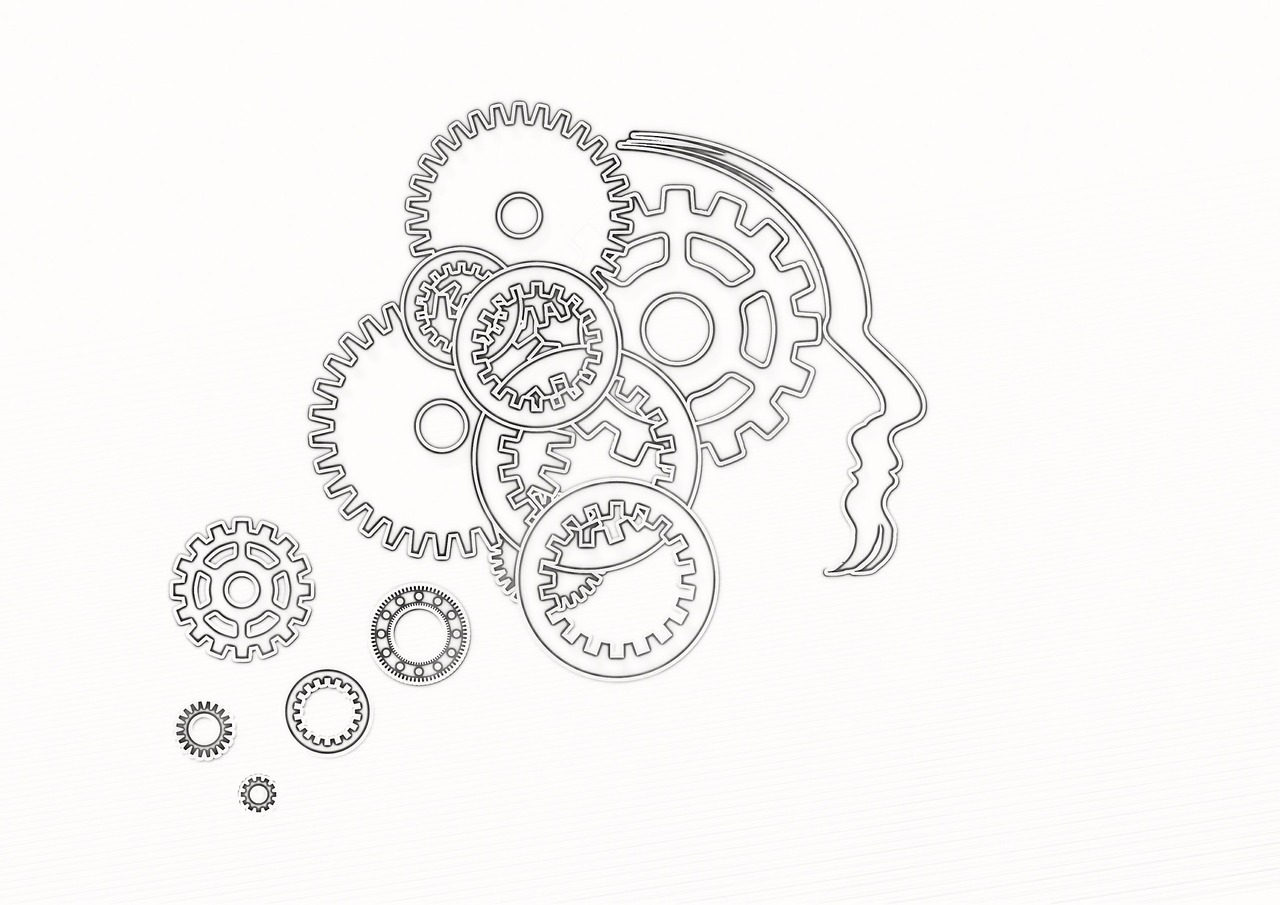A Gift For Teachers: Education As A Ratchet
Published in Neuroscience

I’m writing this as a gift to teachers. I hope teachers get better gifts than this blog post: thank you notes from students and families, gift certificates to coffee shops, and maybe even a free adult beverage would be way better gifts than a blog post. But this is what I can do right now, and I hope this attempt at a thank you gift (with a special THANKS to my son’s teachers and all the other teachers in Lincoln Public Schools) makes someone smile and feel appreciated.
About 3 years ago I was invited to write a short speech in honor of the third anniversary of our new district office building. I’m still not sure why they asked me to do this, but I ended up writing something I’m proud of. Here’s the full text, and this is the part that stands out to me right now:
…we live in a time where the folks in our community give money to support a system that gives every single student access to an amazing variety of important learning experiences. In each of those classrooms, caring adults are working hard to help students discover the wisdom of human civilizations.
I was trying to make a point that is discussed in a much more detailed way in this amazing Psychology Today blog: “How Culture Makes Us Smarter” . It’s long, but I highly recommend it. In the post, Steve Stewart-Williams walks the reader through “The Ratchet Effect” argument. Brief version of the argument: since humans evolved the ability to communicate orally and in writing, we can stockpile knowledge, skills, etc. over time. It’s like a ratchet: over time we humans can make a knowledge/skill gain – one click forward on the ratchet – and then we can communicate and preserve that knowledge for future humans, so the ratchet can’t click “backwards” and we don’t have to lose progress. Here’s a relevant (and inspirational!) quote from the post:
We don’t each need to have our own Eureka moments to understand fluid dynamics; we don’t each need to have an apple fall on our head to understand gravity; and we don’t each need to dream of a snake eating its own tail to understand the structure of the benzene molecule. All we need is to go to school, or to own a library card, or to have an Internet connection. We can then download into our brains some of the achieved knowledge of the species.
I love this idea and the ratchet analogy. Teachers, here’s the “gift”: it may often feel like all your efforts aren’t helping anyone. You answer thousands of questions every day (really! Thousands!) , provide feedback to hundreds of students, and deal with a huge level of cognitive load while teaching. This year, on top of all that, many (most, I think) teachers got to very quickly learn how to teach online, revise materials for online learning, and many of you got to teach in person students and online students at the same time. I got to experience this “hyflex” teaching model the few times I covered classrooms for teachers, and… wow. I had to write myself notes, keep my “zoomer” students on the same screen as my slides, and all sorts of other cognitive load lessening tricks just to make it through the period.
So does all this effort add up to anything? You are knocking yourself out mentally and physically – does it do any good? Even if some days it feels like the answer is “No” (or, on the worst days, “Hell no”) , please know that YES, IT DOES! You are part of one of the most amazing systems in the history of humans: the cultural ratchet. You, your work, your brain, your caring, your relationships with students, and all the work you do help nudge that “learning ratchet” one notch forward for students every day. You often can’t see it or measure that impact, but you are doing it. So, THANKS.
Last thing: I like thinking about the purposes of teaching and education, and this cultural ratchet idea is sticking with me for right now. But there are many other great perspectives on this same topic, and they are super fun to think about too:
- Bill Ayers wrote a book called “To Teach” and he writes eloquently about what a teacher’s mission might be.
- Nel Noddings argues that the reason teachers teach and we set up schools for students is because we CARE. The “ethic of care” might operate underneath everything we do, and drive our decisions as teachers.
Follow the Topic
Your space to connect: The Psychedelics Hub
A new Communities’ space to connect, collaborate, and explore research on Psychotherapy, Clinical Psychology, and Neuroscience!
Continue reading announcement




Please sign in or register for FREE
If you are a registered user on Research Communities by Springer Nature, please sign in